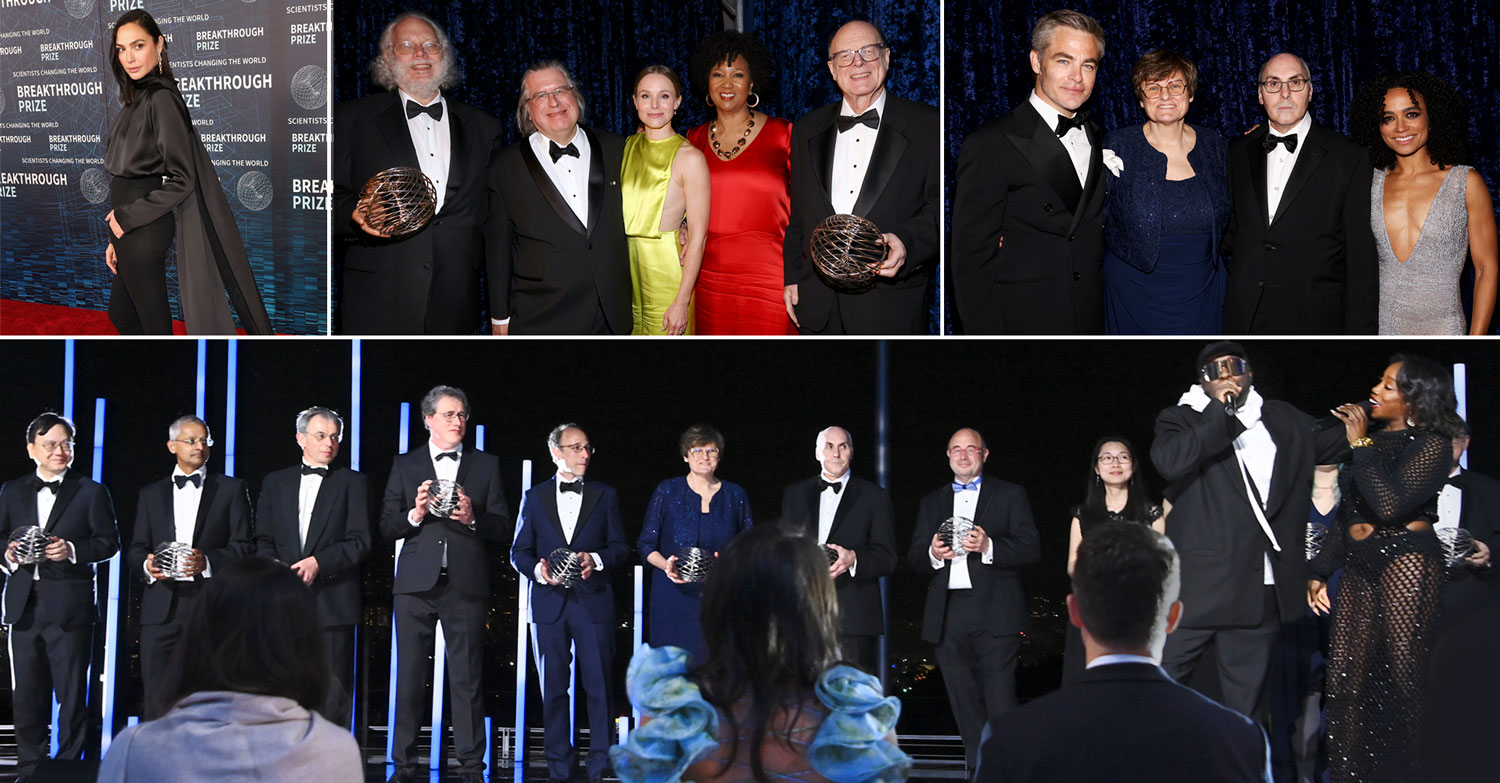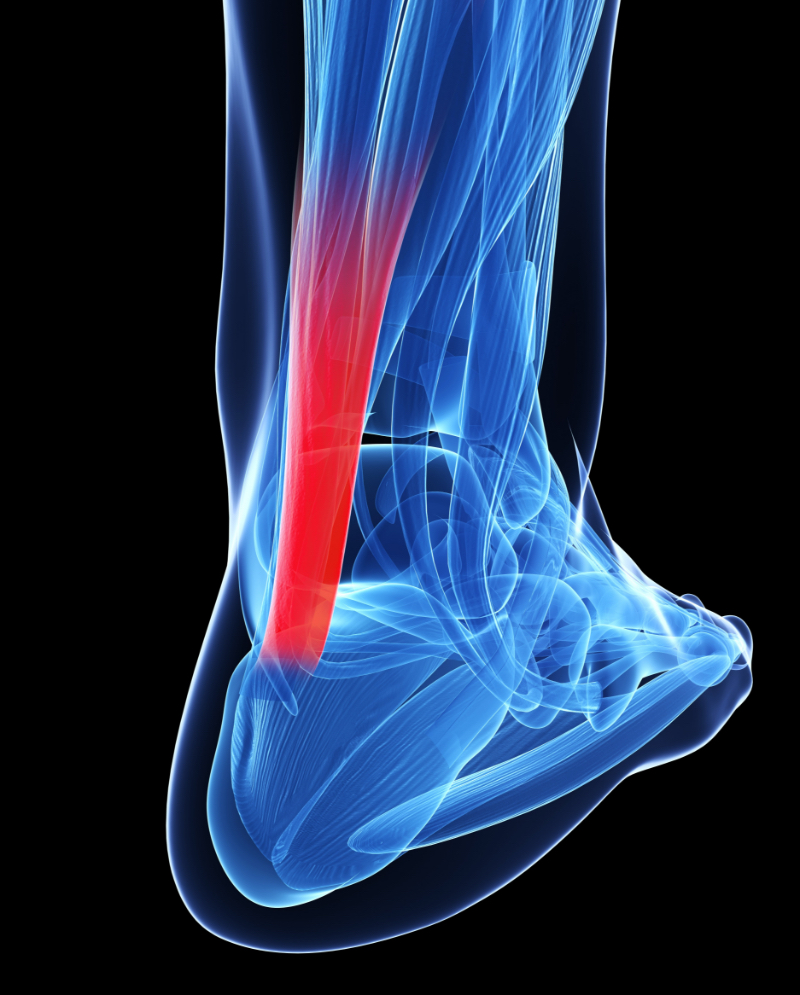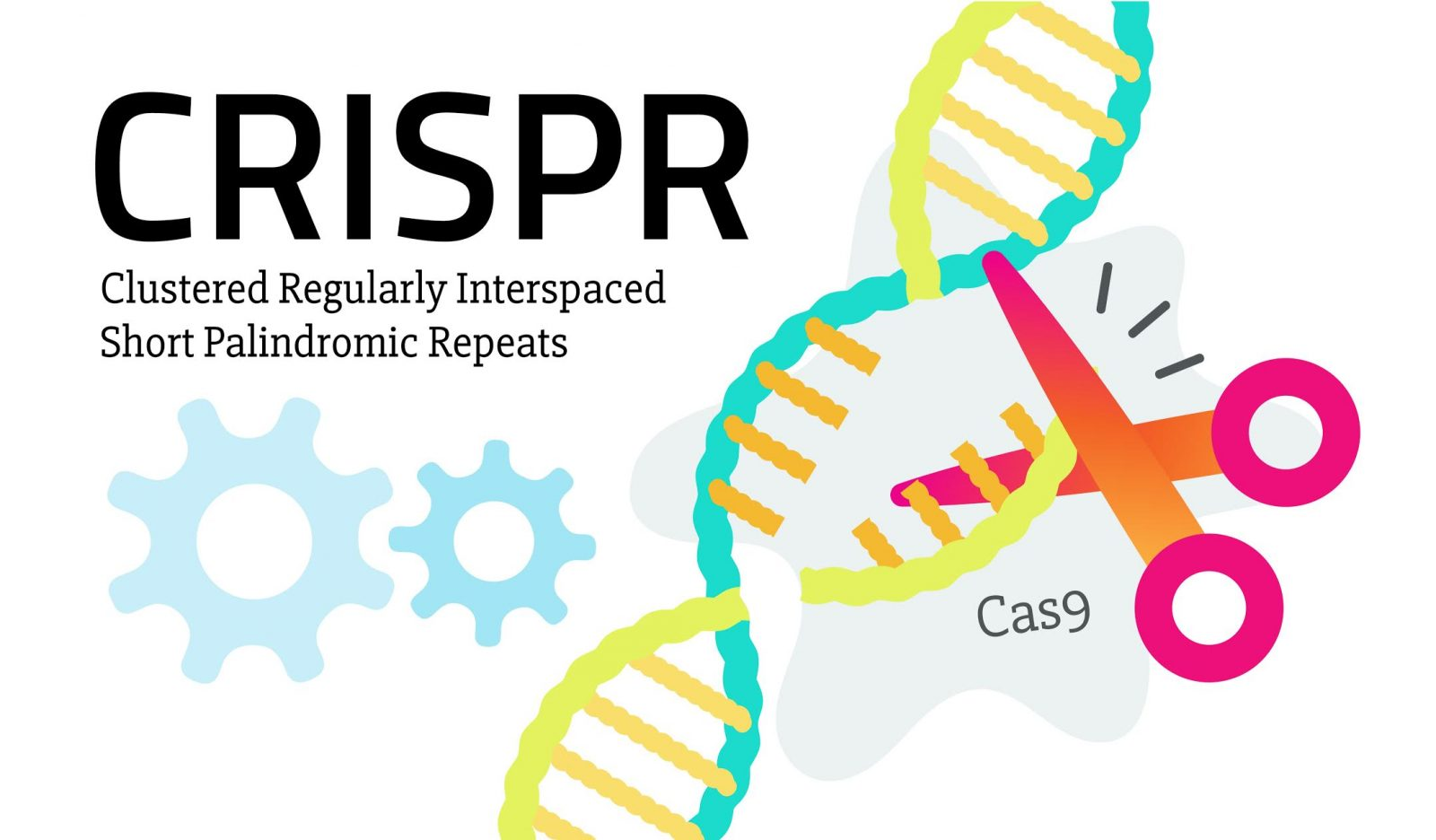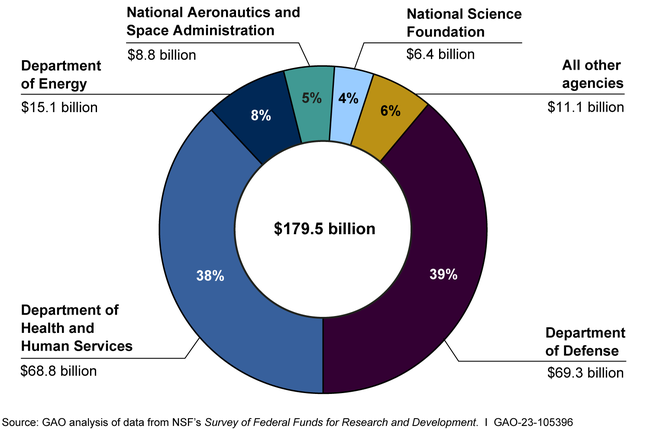The Breakthrough Prizes 2025 have once again illuminated the groundbreaking contributions of scientists toward advancing human health and understanding. This year’s honors have been awarded to three exceptional Harvard researchers: Alberto Ascherio, Joel Habener, and David Liu, whose pioneering work in gene editing and multiple sclerosis research is reshaping the landscape of medical advancements. Ascherio’s research into the Epstein-Barr virus as a leading cause of multiple sclerosis has opened new avenues for treatment and prevention, while Habener’s insights into GLP-1 treatments are revolutionizing diabetes care. Moreover, Liu’s innovations in gene editing, through base and prime editing techniques, hold the promise to correct genetic mutations and improve lives. The 2025 Breakthrough Prizes not only celebrate these incredible achievements but also inspire continued progress in tackling some of medicine’s most pressing challenges.
The 2025 Breakthrough Prizes highlight the remarkable achievements in scientific exploration that promise to revolutionize healthcare and treatment options. Awarded to talented individuals such as those at Harvard, these prestigious accolades celebrate advancements in fields like gene modification and research on chronic conditions such as multiple sclerosis. By acknowledging scientific leaders like Alberto Ascherio, Joel Habener, and David Liu, the prizes bring attention to their transformative work that includes innovative therapies for obesity and pioneering gene editing methodologies. This initiative, often referred to as the ‘Oscars of Science’, underscores the critical role of academic research in fostering medical breakthroughs that could change lives globally. The collective efforts of these awardees exemplify the intersection of dedication and discovery essential for medical progress.
Recognition of Harvard Scientists with Breakthrough Prizes 2025
The 2025 Breakthrough Prizes ceremony celebrated remarkable achievements in science, highlighting the groundbreaking work of three Harvard scientists: Alberto Ascherio, Joel Habener, and David Liu. This prestigious award, often referred to as the ‘Oscars of Science’, is dedicated to recognizing exceptional contributions to life sciences, physical sciences, and mathematics. The honor not only showcases individual brilliance but also underscores the collaborative nature of scientific advancements, particularly in fields like gene editing and medical research.
Ascherio’s recognition came for his pivotal research on the Epstein-Barr virus and its direct correlation with multiple sclerosis (MS). His extensive study over 25 years reflects a commitment to uncovering vital health information that affects millions worldwide. Similarly, Habener’s contributions to GLP-1 treatments have transformed the landscape for obesity and Type 2 diabetes treatments. The acknowledgment of these scientists at the Breakthrough Prizes signifies an enduring commitment to addressing pressing medical challenges and advancing public health.
Understanding Breakthrough Research on Multiple Sclerosis
Alberto Ascherio’s groundbreaking research on multiple sclerosis has revealed the Epstein-Barr virus as a significant factor in the disease’s development. His extensive analysis involved monitoring over 10 million individuals, showcasing a profound understanding of the genetic and environmental factors contributing to MS. Ascherio’s findings have not only enriched the scientific community’s knowledge but also spurred the creation of potential vaccines and therapeutics targeting this debilitating condition, fundamentally altering the way multiple sclerosis is approached within the field of medicine.
The impact of this research goes beyond mere academic recognition; it lays the groundwork for future innovations in multiple sclerosis treatment. With a clearer understanding of causal mechanisms, the possibility of preventative strategies becomes more attainable. As Ascherio noted, there is now a consensus regarding the Epstein-Barr virus’s role in MS, which may lead to pioneering approaches in gene editing as researchers explore targeted therapies for genetic predispositions.
The Role of GLP-1 Treatments in Modern Medicine
Joel Habener’s work on glucagon-like peptide-1 (GLP-1) has fundamentally changed the management of Type 2 diabetes and obesity. By elucidating the hormone’s complex interactions within the body, his research has paved the way for novel therapeutics that harness these biological pathways. GLP-1 treatments not only help regulate blood sugar levels but also promote satiety and weight loss, representing a significant advancement in medical interventions for chronic conditions that affect millions.
The introduction of GLP-1-based therapies exemplifies the intersection of basic and applied science, showcasing how detailed understanding of hormonal functions can lead to effective treatments. These advancements highlight the importance of continued investment in medical research, demonstrating how breakthroughs in our understanding of metabolic processes can have substantial clinical implications and inspire further innovation.
Advances in Gene Editing Technologies by David Liu
David Liu’s contributions to gene editing through innovations like base editing and prime editing significantly advance the field of genetic medicine. Base editing, a groundbreaking technology developed in 2016, allows for precise alterations of DNA, aiming to rectify the majority of disease-causing mutations. This technology has already shown promise in ongoing clinical trials, suggesting a new era of tailored therapies that can correct genetic disorders at the molecular level.
Furthermore, Liu’s pioneering work has fostered a broader understanding of how gene editing can revolutionize treatment strategies for various genetic diseases, moving beyond theoretical applications to real-world solutions. The widespread adoption of these editing techniques across laboratories globally underscores their potential to transform therapeutic strategies, offering hope for patients suffering from previously untreatable conditions.
The Impact of Collaborative Research in Life Sciences
The remarkable achievements of Harvard’s three scientists exemplify the power of collaboration in life sciences. Each researcher’s work builds upon decades of collective scientific inquiry, revealing how interdisciplinary efforts can lead to significant breakthroughs. Ascherio’s insights into multiple sclerosis join forces with Habener’s advancements in diabetes treatment and Liu’s innovative gene editing technologies, demonstrating that progress in medical research often arises from synergistic partnerships.
Moreover, the recognition by the Breakthrough Prizes highlights a broader movement within the scientific community to encourage collaborative research. Such partnerships not only enhance the likelihood of transformative discoveries but also contribute to shared learning, ultimately benefiting society at large through more effective treatments and preventive measures. This ethos of cooperation is crucial as we tackle the complex challenges posed by diseases and strive for advancements in healthcare.
Exploring the Future of Health with Innovative Treatments
The recognition of breakthroughs by Harvard scientists signifies a pivotal moment in the future of health innovations. Research on multiple sclerosis, GLP-1 treatments, and advanced gene editing methods not only paints a hopeful picture for patients but also sets a foundation for further exploration in the medical field. The applications of such research stretch beyond individual diseases, potentially offering methods for tackling a wide range of health issues.
As we move forward, it is essential to harness the potential of these breakthroughs to develop comprehensive treatment plans that bridge gaps between research and patient care. The future of medicine lies in these innovative approaches, driven by scientific inquiry and technological advancements. By continuing to invest in research like that conducted by Ascherio, Habener, and Liu, we can ensure continual progress in medical science and improved health outcomes for communities worldwide.
The Significance of Breakthrough Prizes in Scientific Research
The Breakthrough Prizes serve not only as a recognition of individual achievements but also as an important catalyst for fostering scientific research and innovation. By shining a spotlight on significant scientific advancements, such as those made by the awarded Harvard scientists, the prizes encourage a global dialogue about the importance of investing in life sciences, physics, and mathematics. These prizes inspire new generations of scientists to pursue ambitious research projects that could lead to transformative discoveries.
Furthermore, the awards signify the critical role of science in addressing societal challenges. In areas such as gene editing, multiple sclerosis, and obesity treatment, the initiatives recognized by the Breakthrough Prizes demonstrate how dedicated scientific endeavor can lead to tangible benefits for public health. By supporting and promoting these breakthroughs, we contribute to a framework that values scientific progress and its impact on future generations.
Health Breakthroughs: Lessons from 2025 Prizes
The recognition of Ascherio, Habener, and Liu through the Breakthrough Prizes illustrates essential lessons for the scientific community. First and foremost, dedicated research often takes years, if not decades, to yield results; the ongoing commitment of these scientists showcases the resilience required in the pursuit of knowledge. Their work emphasizes the importance of persistence in scientific inquiry, reminding us that transformative results can emerge from long-term efforts.
Additionally, the collective success of the honorees reflects the necessity of interdisciplinary research. Tackling complex medical issues, such as those associated with multiple sclerosis and obesity, requires collaboration across various scientific domains, from epidemiology to hormonal studies to genetic engineering. By working together, scientists can unite their strengths to yield enhanced understanding and novel solutions, setting a powerful example for future research initiatives.
Advancements in Medical Science through Gene Editing
The rapid advancements in gene editing technologies underscore a transformative shift in medical science. Platforms like base editing and prime editing offer unprecedented capabilities in correcting genetic mutations, with the potential to revolutionize how we approach genetic diseases. Through initiatives spearheaded by researchers like David Liu, gene editing stands at the forefront of ensuring more precise and effective treatment modalities, thus setting new standards in the healthcare field.
These innovations not only promise improved therapeutic outcomes but also raise ethical considerations that must be addressed as gene editing technologies become more widely utilized. It is crucial for the scientific community to engage in discussions surrounding the implications of such powerful technologies, ensuring that they are used responsibly and equitably. By navigating these complexities wisely, we can maximize the benefits of gene editing while safeguarding the interests of patients and society.
Frequently Asked Questions
What are the Breakthrough Prizes 2025 and why are they important?
The Breakthrough Prizes 2025 are prestigious awards widely regarded as the ‘Oscars of Science.’ They recognize significant achievements in life sciences, physics, and mathematics, highlighting groundbreaking work that impacts humanity. Established in 2013, this year’s prizes spotlight major advancements made by scientists, including Harvard researchers, in gene editing and medical advances for conditions like multiple sclerosis and obesity.
Who are the Harvard scientists awarded the Breakthrough Prizes 2025?
The 2025 Breakthrough Prizes were awarded to three notable Harvard scientists: Alberto Ascherio, recognized for his pivotal research linking the Epstein-Barr virus to multiple sclerosis, Joel Habener, honored for his contributions to the understanding of GLP-1 treatments for diabetes and obesity, and David Liu, celebrated for developing innovative gene editing platforms like base and prime editing.
What is the significance of Alberto Ascherio’s research in multiple sclerosis recognized by the Breakthrough Prizes 2025?
Alberto Ascherio’s research, awarded at the Breakthrough Prizes 2025, is significant because it established a definitive link between Epstein-Barr virus infection and the development of multiple sclerosis (MS). His findings offer new insights into MS’s causation and pave the way for developing targeted therapies and vaccines, marking a turning point in multiple sclerosis research.
How did Joel Habener contribute to treatments for obesity recognized at the Breakthrough Prizes 2025?
Joel Habener’s contributions to the discovery of glucagon-like peptide-1 (GLP-1) highlighted at the Breakthrough Prizes 2025 have led to revolutionary treatments for obesity and Type 2 diabetes. His research elucidated GLP-1’s role in appetite regulation and blood sugar control, supporting the development of effective GLP-1-based medications that have transformed patient care.
What advancements in gene editing were recognized in the Breakthrough Prizes 2025?
The Breakthrough Prizes 2025 celebrated advancements in gene editing spearheaded by David Liu with his development of base editing and prime editing technologies. These innovative techniques allow for precise modifications to DNA and have been used in clinical trials to treat genetic diseases, representing a significant leap forward in genetic medicine and research.
How does the research recognized in the Breakthrough Prizes 2025 impact future medical advancements?
The research honored by the Breakthrough Prizes 2025 impacts future medical advancements by providing foundational knowledge and innovative technologies that can be applied to develop new therapies for diseases such as multiple sclerosis and obesity. The work of scientists like Ascherio, Habener, and Liu paves the way for more targeted and effective treatments, enhancing patient outcomes in complex conditions.
What is the role of GLP-1 treatments in modern medicine as acknowledged in the Breakthrough Prizes 2025?
GLP-1 treatments, recognized in the Breakthrough Prizes 2025, play a crucial role in modern medicine, particularly in managing Type 2 diabetes and obesity. By mimicking the natural hormone GLP-1, these treatments help regulate blood sugar levels, control appetite, and improve metabolic health, offering significant benefits for millions of patients.
Why is the research of David Liu on gene editing significant in the context of the Breakthrough Prizes 2025?
David Liu’s research on gene editing is significant in the context of the Breakthrough Prizes 2025 because it introduces groundbreaking tools like base editing and prime editing, which have the potential to correct genetic mutations that cause many diseases. This research is crucial for developing precise therapies that can directly address genetic conditions, marking a major milestone in genetic research and treatment.
| Scientist | Affiliation | Achievement | Impact |
|---|---|---|---|
| Alberto Ascherio | Harvard T.H. Chan School of Public Health / Harvard Medical School | Established Epstein-Barr virus as a leading cause of multiple sclerosis (MS) | Revolutionized MS research; led to vaccine and drug development. |
| Joel Habener | Harvard Medical School | Contributions to glucagon-like peptide-1 (GLP-1) understanding | Facilitated development of GLP-1 based drugs for Type 2 diabetes and obesity. |
| David Liu | Broad Institute / Harvard University | Developed base editing and prime editing technologies | Enabled correction of genetic variations; significant advancements in gene therapy. |
Summary
The Breakthrough Prizes 2025 have recognized exemplary contributions from leading scientists at Harvard, notably Alberto Ascherio, Joel Habener, and David Liu. Their groundbreaking work in genetic research, hormone regulation, and disease causation not only exemplifies outstanding achievements in science but also paves the way for new treatments and potential cures for major health issues. The recognition from the Breakthrough Prizes 2025 underscores the crucial intersection of academic research and practical application in improving global health outcomes.




